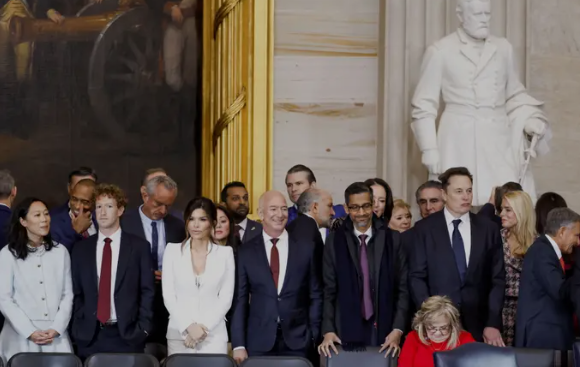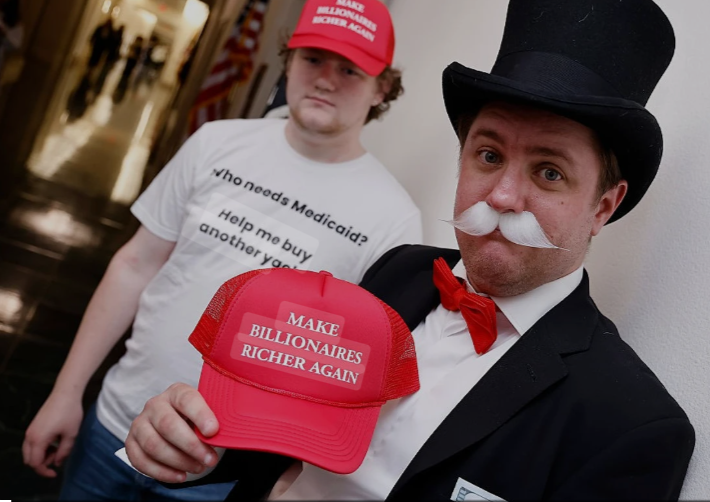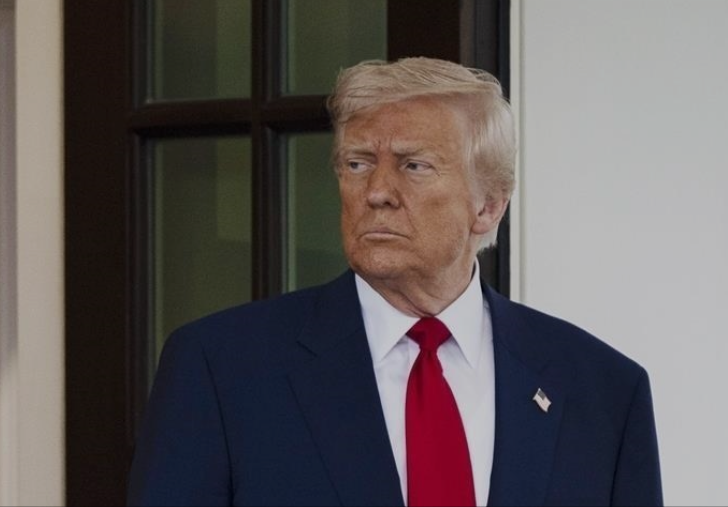In a fresh example of Washington’s pay-to-play politics, a new analysis released Monday reveals that the Trump administration has quietly dropped or frozen federal enforcement cases against at least 17 major corporations that donated to the president’s inaugural fund. The findings, based on newly released Federal Election Commission (FEC) filings, show a troubling pattern where corporate donations appear to purchase not just access to power, but immunity from federal scrutiny.
The watchdog group Public Citizen conducted the in-depth review, cross-referencing the latest FEC data made public on Sunday with its own Corporate Enforcement Tracker, a resource that documents companies facing federal investigations or lawsuits for various alleged corporate wrongdoings. The results paint a deeply concerning picture of corporate influence at the highest levels of government.
According to the report, corporations facing active federal investigations or enforcement actions donated a staggering $50 million combined to Donald Trump’s inaugural committee. The committee itself raised an eye-popping $239 million for Trump’s second inauguration — shattering previous records and raising eyebrows across Washington.
“Corporations under investigation aren’t donating millions to Trump’s inauguration out of civic goodwill,” said Rick Claypool, a researcher at Public Citizen. “They’re investing in goodwill. And in Trump’s Washington, that means enforcement actions dropped, investigations shelved, and sometimes even pardons granted in cases where guilty pleas have already been entered. It’s a transactional government.”
Major Corporate Donors and the Benefits They’ve Reaped
Among the corporations identified as both inaugural donors and subsequent beneficiaries of relaxed or dismissed federal scrutiny are household names including Bank of America, Capital One, Coinbase, DuPont, and JPMorgan Chase. All of these companies, after making large contributions to Trump’s inaugural committee, saw federal cases against them dismissed, postponed, or quietly abandoned.
The benefits to these corporations go beyond just enforcement actions. Google, for example, donated $1 million to Trump’s inaugural fund. Soon after, the Trump Justice Department dropped a key provision of a proposed antitrust breakup plan that would have required the tech giant to divest some of its rapidly expanding AI business divisions. The decision significantly lightened the regulatory load Google was facing during a major antitrust case.
Notably, Sundar Pichai, the CEO of Google’s parent company Alphabet, was among a high-profile group of tech and corporate leaders given special access and seating at Trump’s inauguration ceremony in January — a move seen by many as emblematic of the cozy relationship between Trump’s administration and America’s corporate elite.
As Public Citizen aptly put it:
“They really never miss an opportunity for some good old-fashioned corporate bribery.”
Additional Examples of Pay-to-Play Politics
The Trump administration’s willingness to cater to donors has also surfaced in other ways. Former U.S. Labor Secretary Robert Reich took to social media late Monday to highlight a particularly glaring example: the administration is preparing to dismantle the IRS’s free Direct File program, which allows Americans to file taxes online for free. The decision came shortly after Intuit, the private tax software giant behind TurboTax, donated $1 million to Trump’s inauguration.
Reich further noted other concerning cases:
- Apple donated $1 million and was subsequently granted broad exemptions from Trump’s tariffs on Chinese imports.
- Coinbase made a $1 million contribution, and shortly after, the Trump SEC dropped a major enforcement action against the cryptocurrency platform.
“Apple donated $1M. Trump exempted most of Apple’s imports from tariffs,” Reich wrote. “Coinbase donated $1M. Trump’s SEC dropped a major lawsuit against them. See how this works?”
A White House for Sale?
The signs of overt corporate influence in the early months of Trump’s second term have been difficult to ignore. Critics argue that the president has effectively hung a “for sale” sign on the White House, allowing wealthy corporate donors to buy influence, policy concessions, and legal leniency.
Even traditionally apolitical public events have not been spared. CBS News reported that the White House Easter Egg Roll, long a family-friendly tradition sponsored by the American Egg Board, was this year heavily sponsored by major corporations, including Amazon, YouTube (owned by Google), and Meta (parent company of Facebook). These corporate sponsors reportedly funded and branded various stations and activities at the event, raising eyebrows about the growing commercialization of even ceremonial White House functions.
As Public Citizen commented:
“Nothing says ‘Happy Easter in Trump 2.0’ like corporate sponsors at the White House Egg Roll. They really never miss an opportunity for good old-fashioned corporate bribery.”
The Broader Implications
The emerging pattern of corporate donations followed by federal leniency has fueled concerns about the erosion of regulatory enforcement and the integrity of American democracy itself. Watchdog groups warn that if corporations can effectively buy their way out of investigations and legal consequences, it not only undermines the rule of law but also disadvantages competitors and erodes public trust in government institutions.
As the Trump administration continues to navigate its second term, critics say the message is becoming clearer by the day: in Trump’s Washington, money talks — and it gets results.



